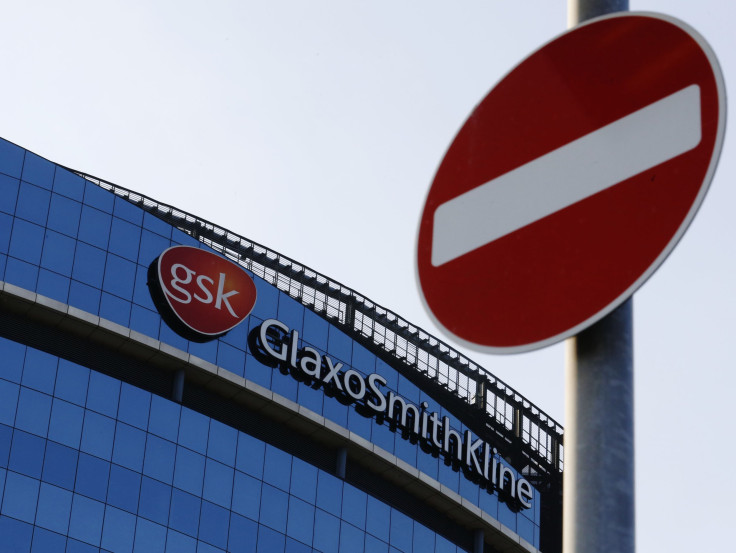Chinese Police Charge Former GSK China Head With Bribery

(Reuters) - Chinese police on Wednesday said they had charged the British former China head of drugmaker GlaxoSmithKlinePLC and other colleagues with corruption, after a 10-month probe found they paid billions of yuan in bribes to doctors and hospitals.
Mark Reilly and two Chinese executives, Zhang Guowei and Zhao Hongyan, were also suspected of bribing officials in the industry and commerce departments of Beijing and Shanghai, the official Xinhua news agency reported, quoting police in Hunan province.
It is the biggest corruption scandal to hit a foreign company in China since the Rio Tinto affair in 2009, which resulted in four executives including an Australian being jailed for between seven and 14 years each.
"(GSK) departments offered bribes to hospitals and doctors as well as personnel to boost their sales. The money involved was in the billions of yuan (hundreds of millions of dollars)," a Ministry of Public Security official told a press conference in Beijing.
A China-based GSK spokesman was not immediately available for comment.
The allegations have damaged GSK's reputation, thrown its China management team into turmoil and forced it to change its China business model, although the firm says head office had no knowledge of alleged wrongdoing.
China is a key growth market for large drugmakers, which are counting on the country's swelling middle class to offset declining sales in Western countries.
But bribery between sales staff and doctors is rife in the world's second-biggest economy, and it remains to be seen whether the GSK case will be a one-off or the first of a broader campaign to clean up the Chinese health sector.
Before the scandal, GSK's China sales had risen 14 percent year-on-year in the three months to end-June, but revenue in the country plunged 61 percent in the third quarter and 29 percent in the final quarter of 2013.
The crackdown reflects a growing determination by Chinese authorities to stamp out corporate bribery and corruption, which can drive up prices for consumers.
© Copyright IBTimes 2024. All rights reserved.



















